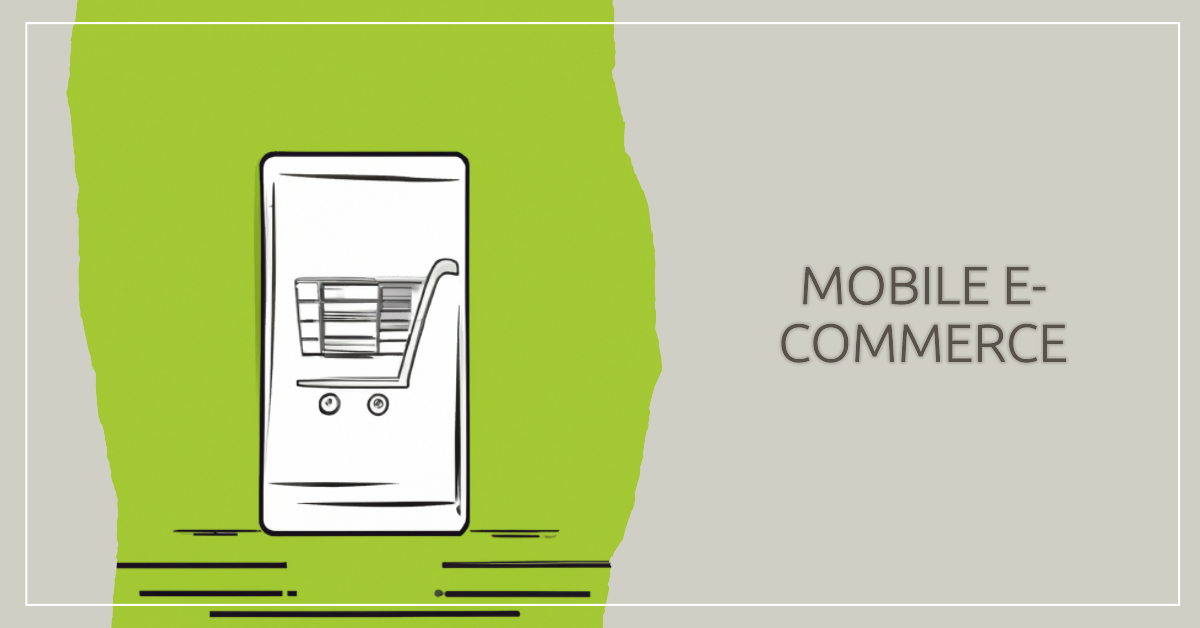Definition of mobile e-commerce
Mobile commerce, also known as m-commerce or mobile shopping, refers to the buying and selling of goods and services through mobile devices, such as smartphones and tablets. With the widespread use of mobile devices and the increasing availability of high-speed internet access, mobile commerce has become a popular and convenient way for consumers to shop online. This form of e-commerce has exploded in popularity in recent years, as more and more consumers turn to their mobile devices to shop online.
| Topic | Key Takeaways |
|---|---|
| Definition of Mobile E-Commerce |
|
| Benefits of Mobile E-Commerce |
|
| Challenges in Mobile E-Commerce |
|
| Smartphone Usage Trends |
|
Benefits of mobile e-commerce
One of the main benefits of mobile commerce is its convenience. Consumers can shop anytime, anywhere, as long as they have their mobile device with them. This is particularly useful for busy individuals who may not have time to go to a physical store, or for those who live in areas without easy access to retail stores.
Another advantage of mobile e-commerce is the ability to easily compare prices and read reviews before making a purchase. Many mobile e-commerce apps and websites have built-in price comparison tools and customer review sections, making it easy for consumers to make informed decisions.
Mobile e-commerce also offers a personalized shopping experience. Many apps and websites use personalization algorithms to recommend products based on a customer’s previous purchases and browsing history. This can help to increase customer loyalty and sales.
Mobile commerce also has the potential to improve the shopping experience for consumers. Many retailers offer mobile-exclusive discounts and promotions, as well as features such as augmented reality (AR) and virtual reality (VR) to enhance the shopping experience.
Challenges of mobile e-commerce
There are also several challenges that mobile e-commerce must overcome. One of the biggest challenges is security. With more and more personal and financial information being shared online, it is important for mobile e-commerce companies to prioritize data protection and secure transactions.
Another challenge is the limited screen size of mobile devices. Mobile e-commerce websites and apps must be user-friendly and easy to navigate on a small screen. This can be a challenge for companies that are used to designing for desktop computers.
Despite these challenges, the future looks bright for mobile e-commerce. With the increasing use of mobile devices, it is expected that mobile e-commerce will continue to grow in popularity and become an even more integral part of the online shopping experience.
The use of smartphones is increasing
In 2021, it was common for people to use a variety of devices to access the internet, including smartphones, tablets, laptops, and desktop computers. According to Statista, in 2021, around 55% of worldwide internet traffic was generated through smartphones, while desktop computers accounted for around 47% and tablets for around 3%. In August 2022 the use of smartphones has increased to 59%.
These figures can vary depending on the region and the specific demographics of the users. For example, in some countries, the use of smartphones to access the internet may be higher, while in other countries, the use of desktop computers may be more prevalent.
It is also worth noting that the use of different devices for internet browsing can change over time. For example, the popularity of tablets has decreased in recent years, while the use of smartphones has increased. Similarly, the use of desktop computers has also declined as more and more people turn to laptops and other portable devices for their internet browsing needs.
Mobile traffic is even more important in e-commerce. Most digital commerce website visits and the majority of online shopping orders come from mobile phones. In Q3 of 2022, smartphones accounted for 73% of retail website traffic and 63% of online orders globally.

Maximize your mobile potential!
Looking to take your e-commerce business to the next level? Look no further! We specialize in mobile e-commerce services that are tailored to your unique needs and goals.
With our expert team of designers, developers, and marketers, we can help you build a e-commerce store that’s optimized for mobile customers, maximum conversions and customer engagement. Whether you’re looking to improve your user experience, increase your search engine rankings, or drive more traffic to your shop, we have the skills and expertise to make it happen.
Our team is committed to delivering high-quality work that meets your expectations and exceeds your goals. We take a collaborative approach to every project, working closely with you to ensure that your e-store is tailored to your specific needs and goals.
Don’t settle for a one-size-fits-all solution. Get the customized mobile e-commerce services you need to succeed in today’s competitive online marketplace. Contact us today to learn more about our services and how we can help your business thrive!


